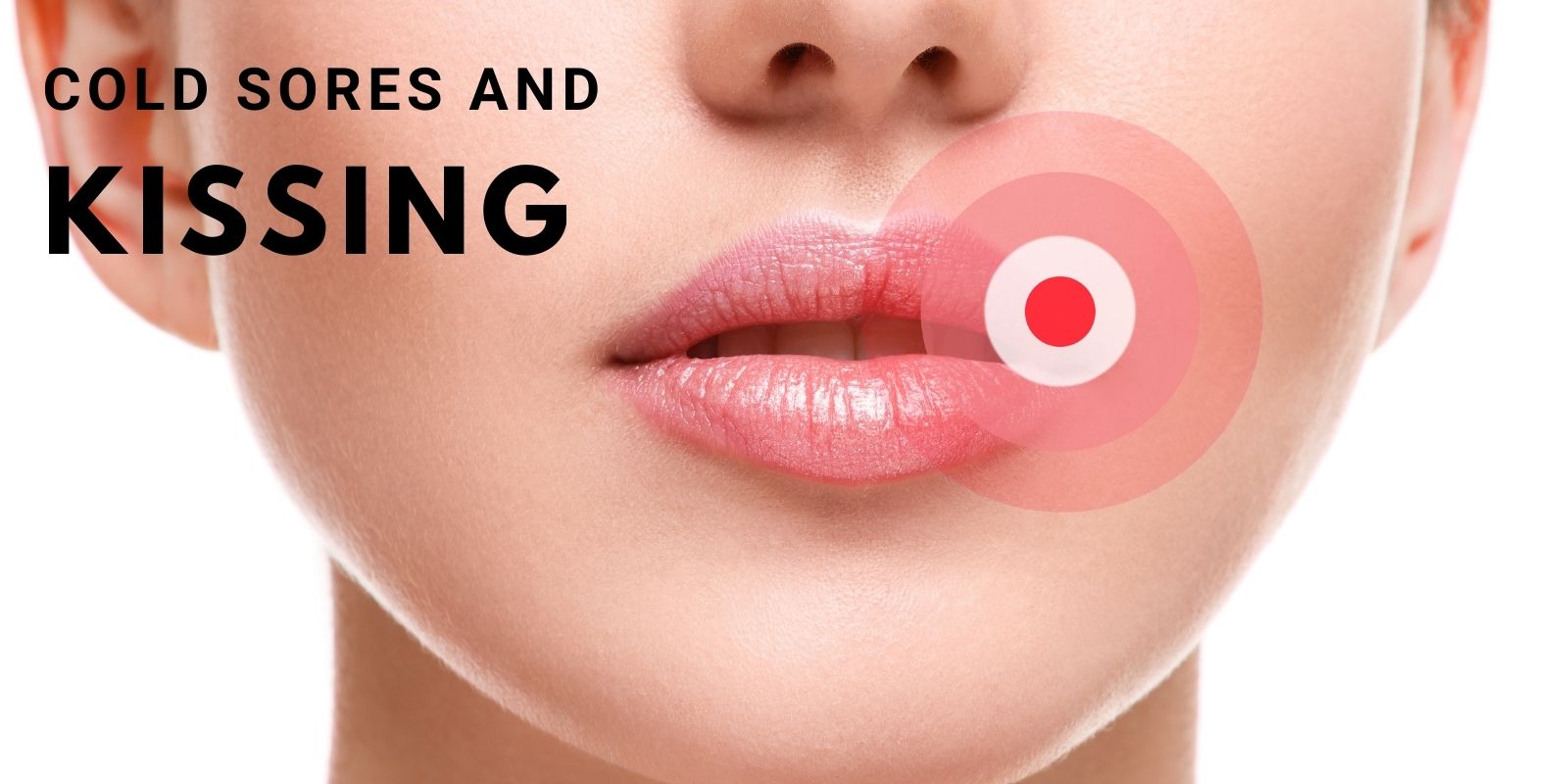Cold Sores and Kissing: What You Need to Know
Cold sores and kissing raise important questions about intimacy and health. They are caused by the herpes simplex virus (HSV-1), which spreads easily through oral contact. Knowing when it’s safe to kiss, how to manage outbreaks, and how to protect partners helps keep relationships healthy without fear or stigma.
Cold sores and kissing are linked because HSV-1 spreads through oral contact. Avoid kissing during outbreaks, manage symptoms, and practice safe hygiene to protect partners.
Table of Contents – Cold Sores And Kissing
- What Are Cold Sores?
- How Cold Sores Spread Through Kissing
- When Is It Safe to Kiss?
- Caring for Yourself and Your Partner
- Hygiene and Prevention Tips
- FAQ: Cold Sores and Kissing
- Healthy Intimacy Despite Cold Sores
What Are Cold Sores?
Cold sores are small, fluid-filled blisters that appear around the lips or mouth. According to the Cleveland Clinic on cold sores, they are caused by the herpes simplex virus (HSV-1). Once infected, the virus remains in the body for life, with outbreaks triggered by stress, illness, fatigue, or sun exposure. While common, they can still carry emotional weight due to stigma.
How Cold Sores Spread Through Kissing
Kissing is the most direct way to pass HSV-1 between partners. The virus is highly contagious during an active outbreak, when blisters are visible and fluid is present. Kissing and cold sore guidelines emphasize that the virus can also spread just before blisters appear and sometimes even after they’ve healed, as viral shedding can continue briefly.
HSV-1 can also be transmitted through sharing utensils, drinks, razors, or lip products during an outbreak. Preventing spread requires awareness and simple precautions.
When Is It Safe to Kiss?
Kissing is safest when no sores are visible and the skin is fully healed. Outbreaks typically last 7–10 days. Waiting until the skin is smooth and scabs have fallen off minimizes risk. Some couples choose to use suppressive antiviral medication if outbreaks are frequent, which reduces both severity and transmission risk.
Open communication helps here. A partner who understands the condition can support decisions about when intimacy is safe rather than leaving it to guesswork.
Caring for Yourself and Your Partner
Managing outbreaks involves more than avoiding kissing. Topical antiviral creams, oral medications, and home remedies like cool compresses may reduce pain and shorten healing time. Good self-care—hydration, rest, and stress reduction—also supports healing.
Partners can be reassured that HSV-1 is common, affecting more than half of adults worldwide. Addressing it honestly strengthens trust and reduces anxiety about intimacy.
Hygiene and Prevention Tips
Good hygiene is essential to stop the virus from spreading to others or to different parts of your own body. Wash hands after touching the area, and don’t share towels or cosmetics. For sexually active couples, practicing thorough cleaning after intimacy is equally important. Resources like clean your sex toys, clean BDSM gear, and clean up after sex show how hygiene in intimate contexts can prevent cross-contamination and promote health.
Sunblock lip balm can also prevent outbreaks triggered by sun exposure, while avoiding triggers like stress or lack of sleep may reduce recurrence.

FAQ: Cold Sores and Kissing
Can I kiss someone if I have a cold sore?
No. Wait until the sore has fully healed to reduce the risk of transmission.
How long should I wait before kissing again?
Usually 7–10 days, or until the skin is smooth and scabs are gone.
Can I spread HSV-1 without a visible sore?
Yes, though it’s less likely. Viral shedding can still occur in the absence of symptoms.
Do cold sores mean I have an STI?
HSV-1 is not exclusively an STI, but it can be transmitted through oral sex as well as kissing.
Healthy Intimacy Despite Cold Sores
Cold sores and kissing don’t have to stop relationships from being affectionate and close. By waiting for outbreaks to heal, practicing good hygiene, and keeping communication open, couples can protect each other while maintaining intimacy. With understanding and care, a condition that feels overwhelming at first can become just another part of healthy, connected relationships.
Cassandra Smith is a yoga instructor sharing tips on wellness, mental health, and intimacy—focusing on self-awareness, balance, and daily mind-body care.


Leave a Reply